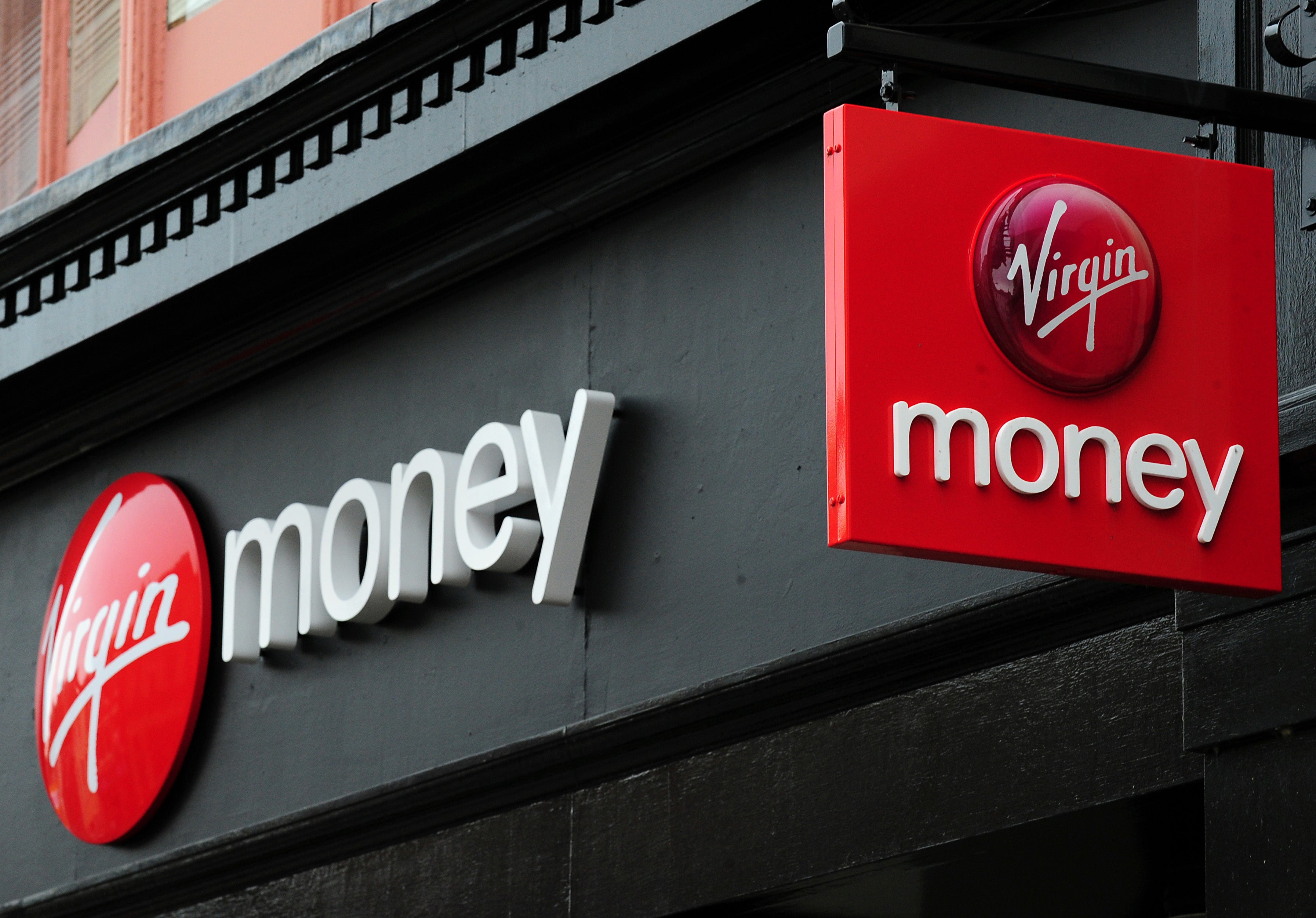Virgin Money optimistic on UK economy but reveals hit to mortgage lending
The group – formerly known as CYBG – reported a 0.5% fall in mortgage lending to £57.8 billion in its first quarter to December 31.

Your support helps us to tell the story
From reproductive rights to climate change to Big Tech, The Independent is on the ground when the story is developing. Whether it's investigating the financials of Elon Musk's pro-Trump PAC or producing our latest documentary, 'The A Word', which shines a light on the American women fighting for reproductive rights, we know how important it is to parse out the facts from the messaging.
At such a critical moment in US history, we need reporters on the ground. Your donation allows us to keep sending journalists to speak to both sides of the story.
The Independent is trusted by Americans across the entire political spectrum. And unlike many other quality news outlets, we choose not to lock Americans out of our reporting and analysis with paywalls. We believe quality journalism should be available to everyone, paid for by those who can afford it.
Your support makes all the difference.Virgin Money has revealed a hit to mortgage lending since the end of stamp duty tax relief and as it battles amid stiff competition in the market.
The group – formerly known as CYBG – reported a 0.5% fall in mortgage lending to £57.8 billion in its first quarter to December 31.
It blamed the end of the stamp duty land tax relief, which came to a close after tapering to the end of September, as well as ongoing competition in the mortgage sector.
Virgin Money also said business lending dropped 2.2% to £8.3 billion in the quarter as demand remained “subdued” and as the Government’s Covid-19 support schemes began to wind down.
But the group upped the full-year outlook for its net interest margin – a key measure of profitability for retail banks – and cheered a more buoyant outlook for the wider UK economy.
Our balance sheet is performing well, asset quality remains robust and we have increased guidance on net interest margin for 2022
It said: “Despite the uncertainty posed by new variants and concerns over inflation, the strengthening backdrop and easing of Government restrictions give some scope for greater optimism about the pace of the recovery.”
Virgin Money’s mortgage lending decline comes after UK banks have enjoyed booming home loan business during the Covid crisis, with tax breaks, rock bottom interest rates and changing buyer demand amid the pandemic spurring the market on.
But interest rates are now rising as the Bank of England looks to rein in surging inflation, having already been increased to 0.25% last month and the first of more expected later this week.
This will help boost retail bank profit margins, but may further dampen mortgages demand.
Virgin Money said its net interest margins should be bolstered by “higher-yielding lending offset by mortgage competition and normalisation of the savings market”.
David Duffy, chief executive of Virgin Money, cheered a “strong” first quarter despite the drop in mortgages.
He added: “Our balance sheet is performing well, asset quality remains robust and we have increased guidance on net interest margin for 2022.
“We are optimistic about the pace of recovery of the UK economy based on growing consumer and business confidence, underpinned by lower unemployment.”
The firm’s first quarter also saw it book lower charges for bad debts, at £16 million.
It said 28 branches were closed in the quarter, as part of plans announced last September to axe 31 sites with the loss of around 112 jobs, taking its network down to 134 as at the end of January.